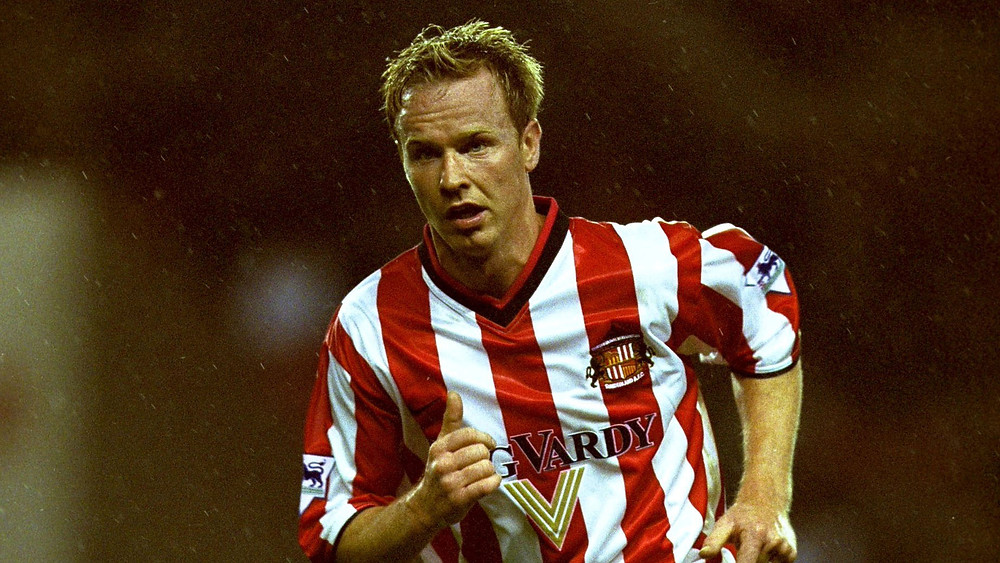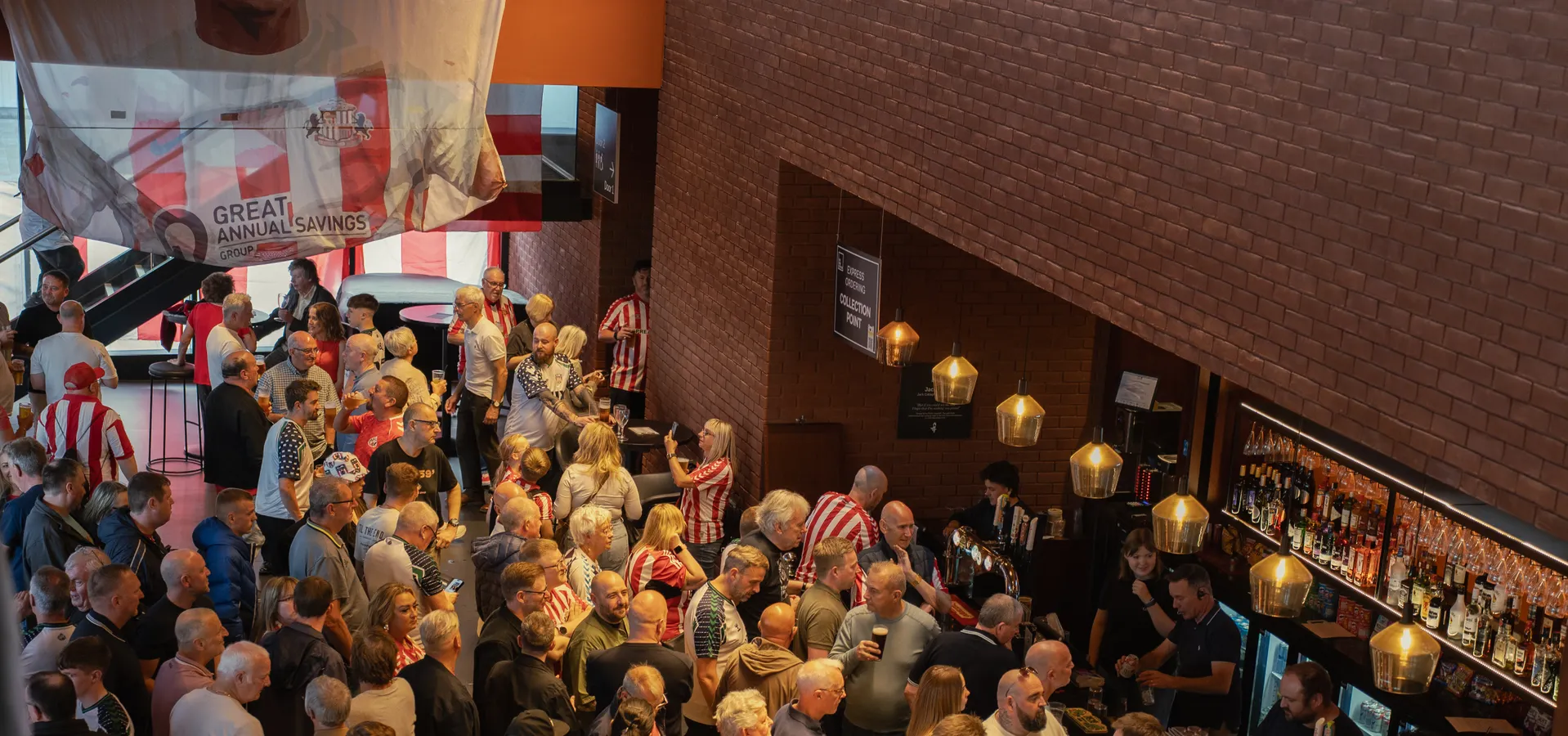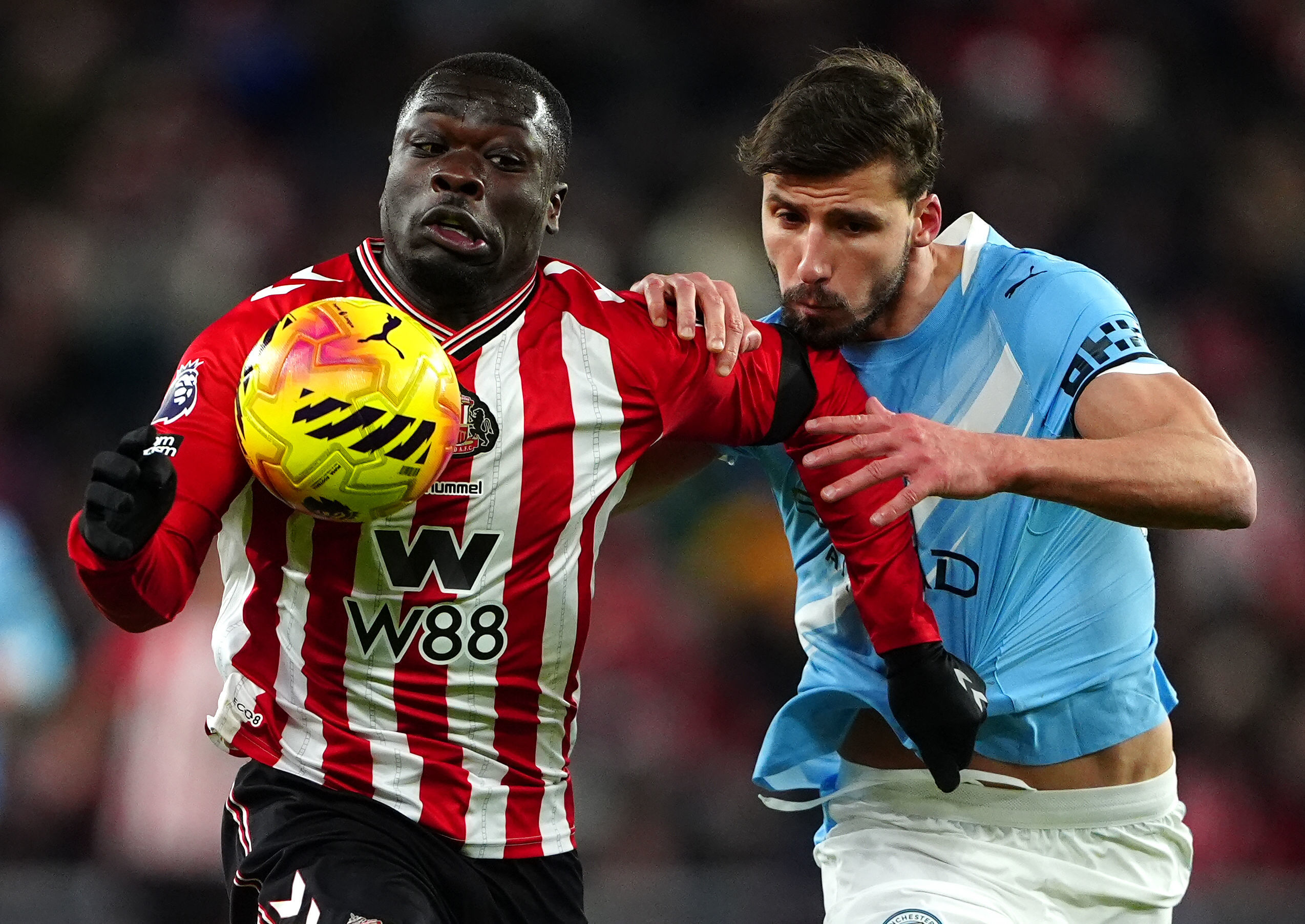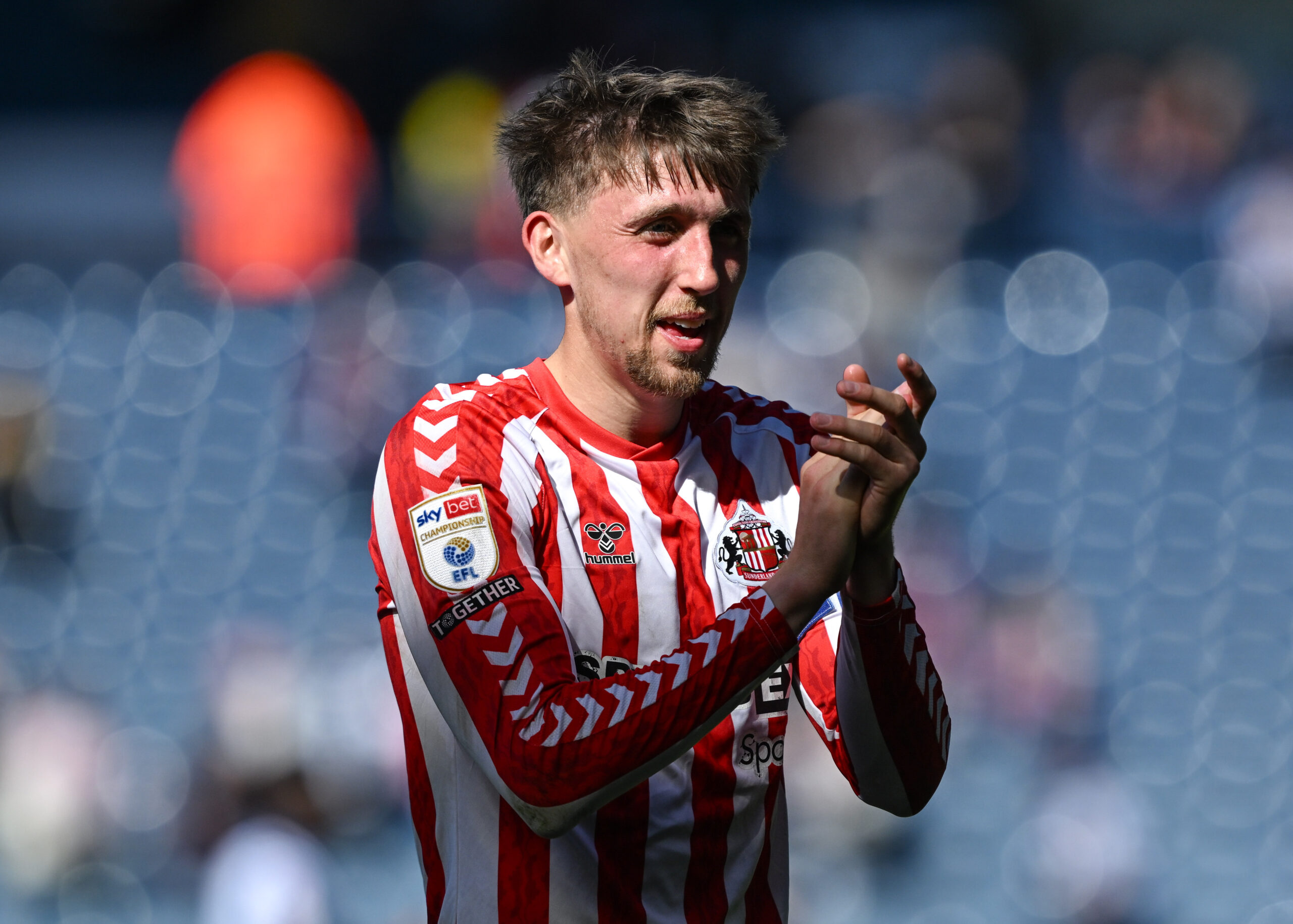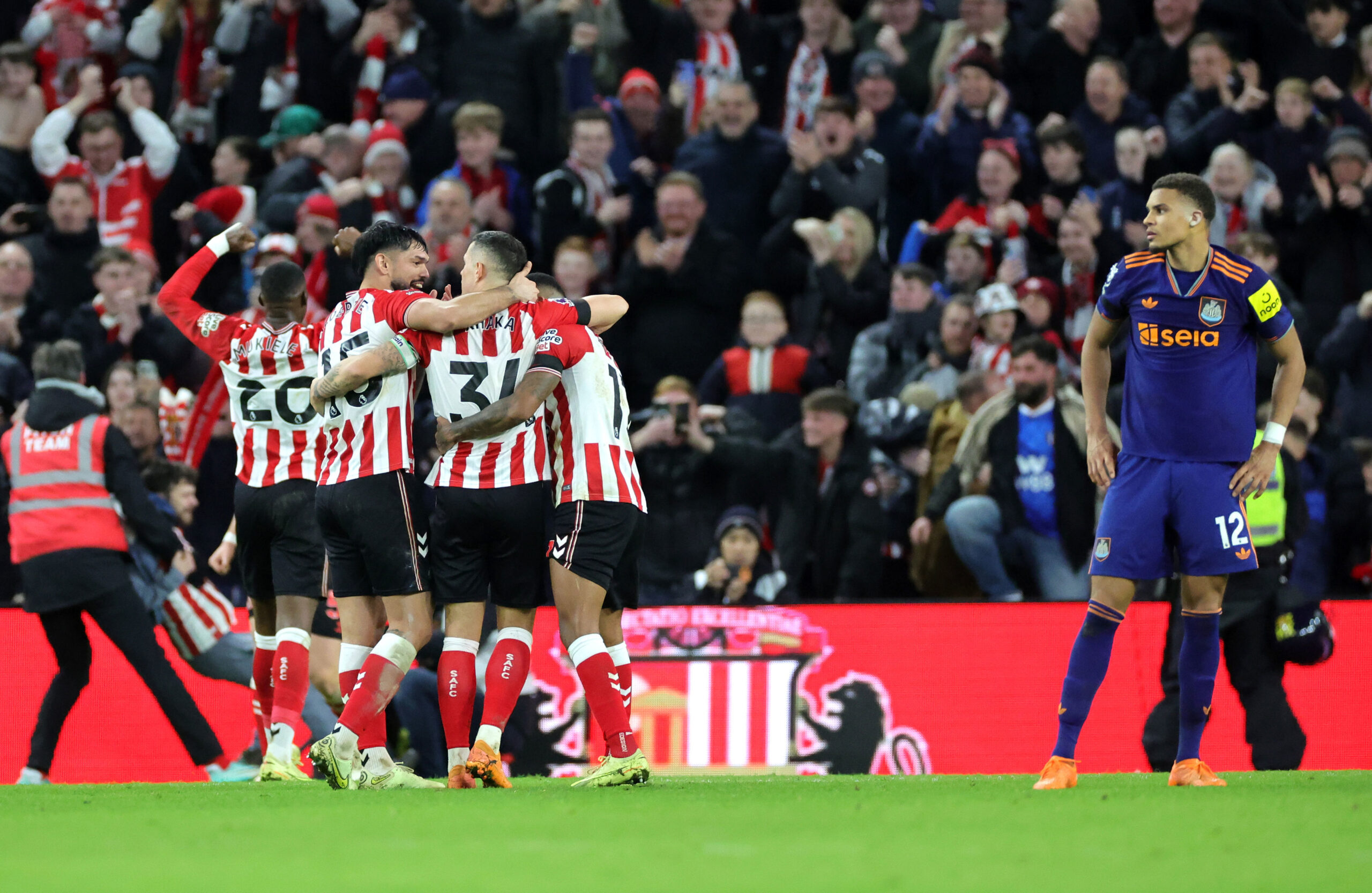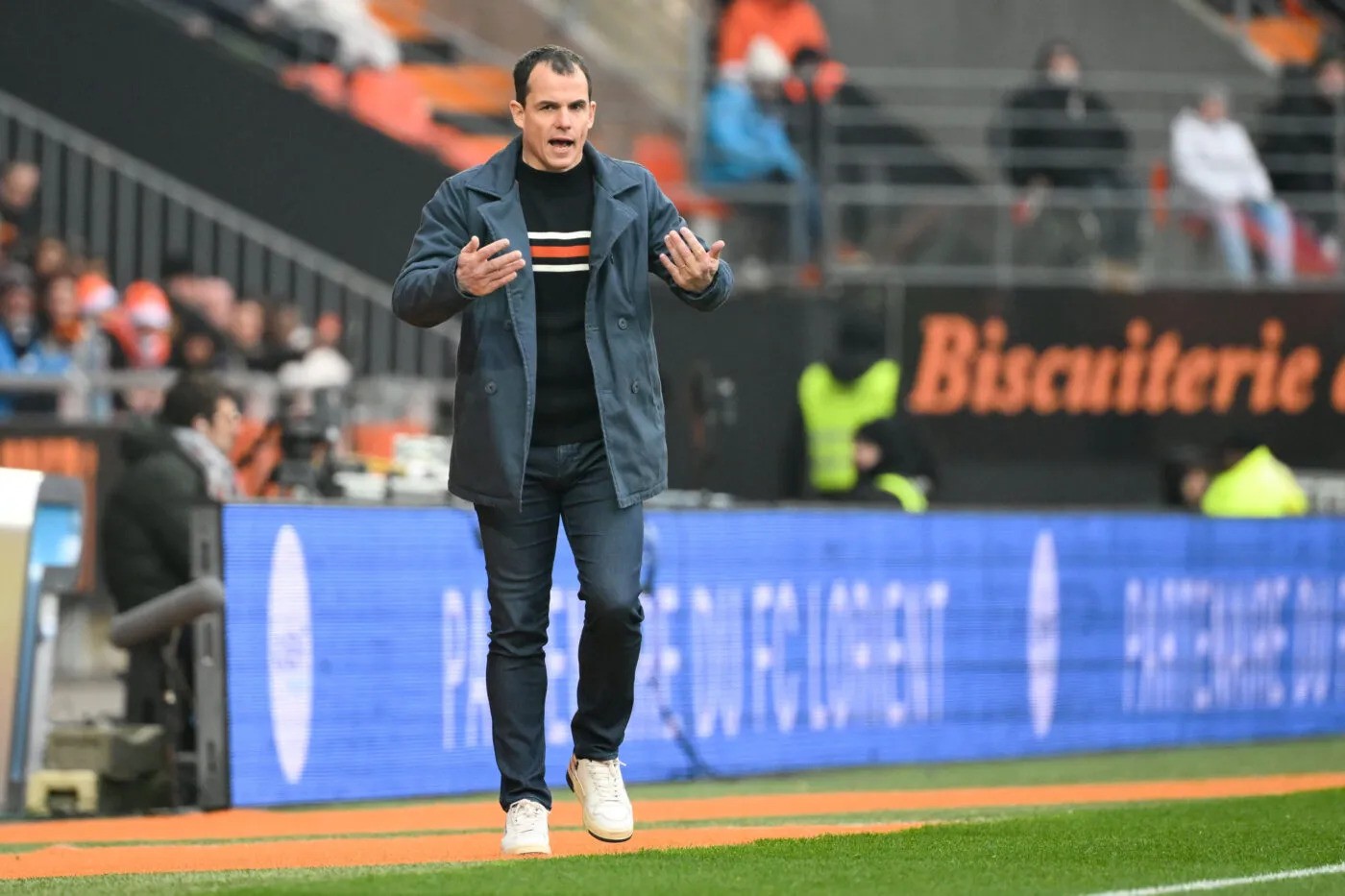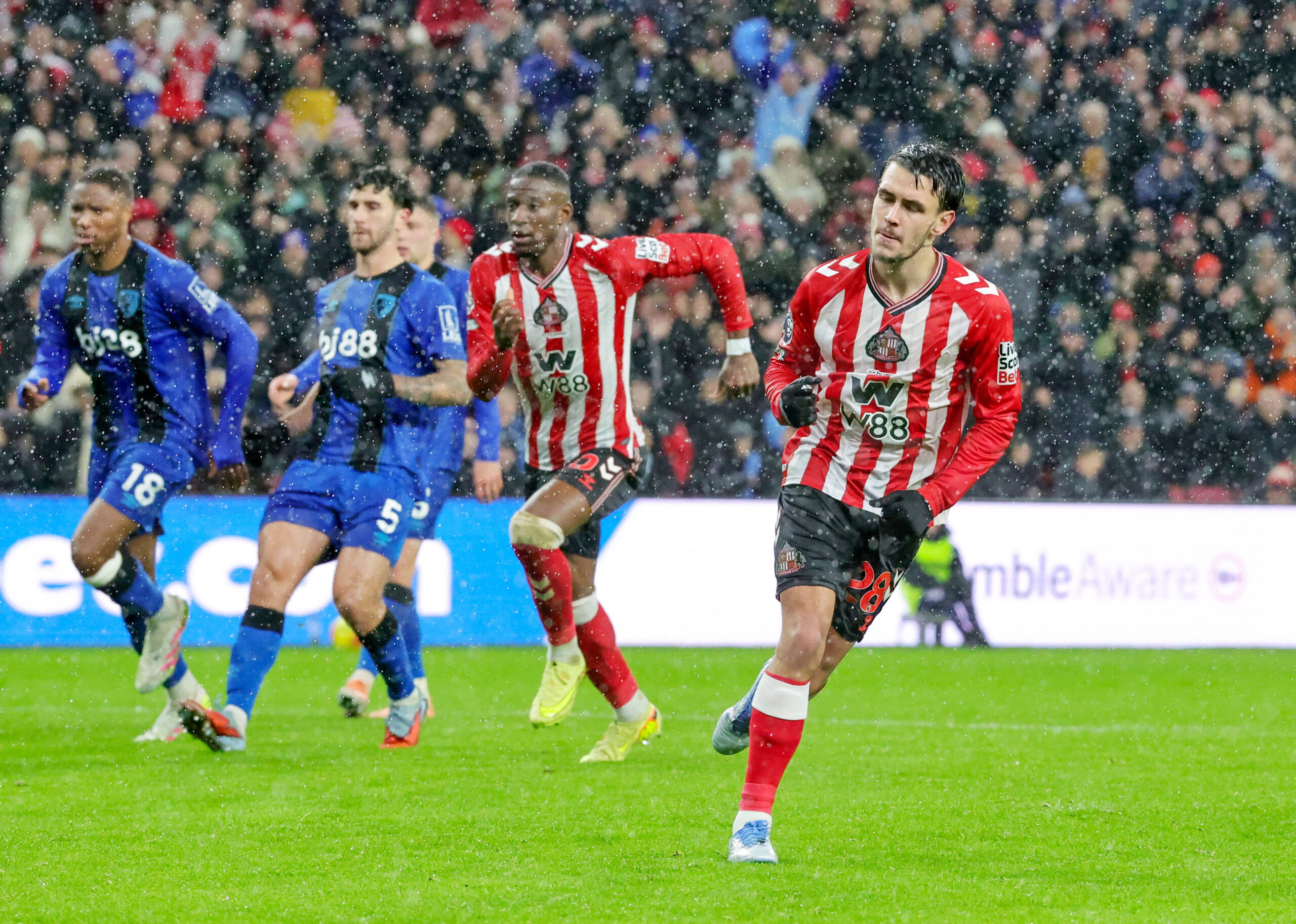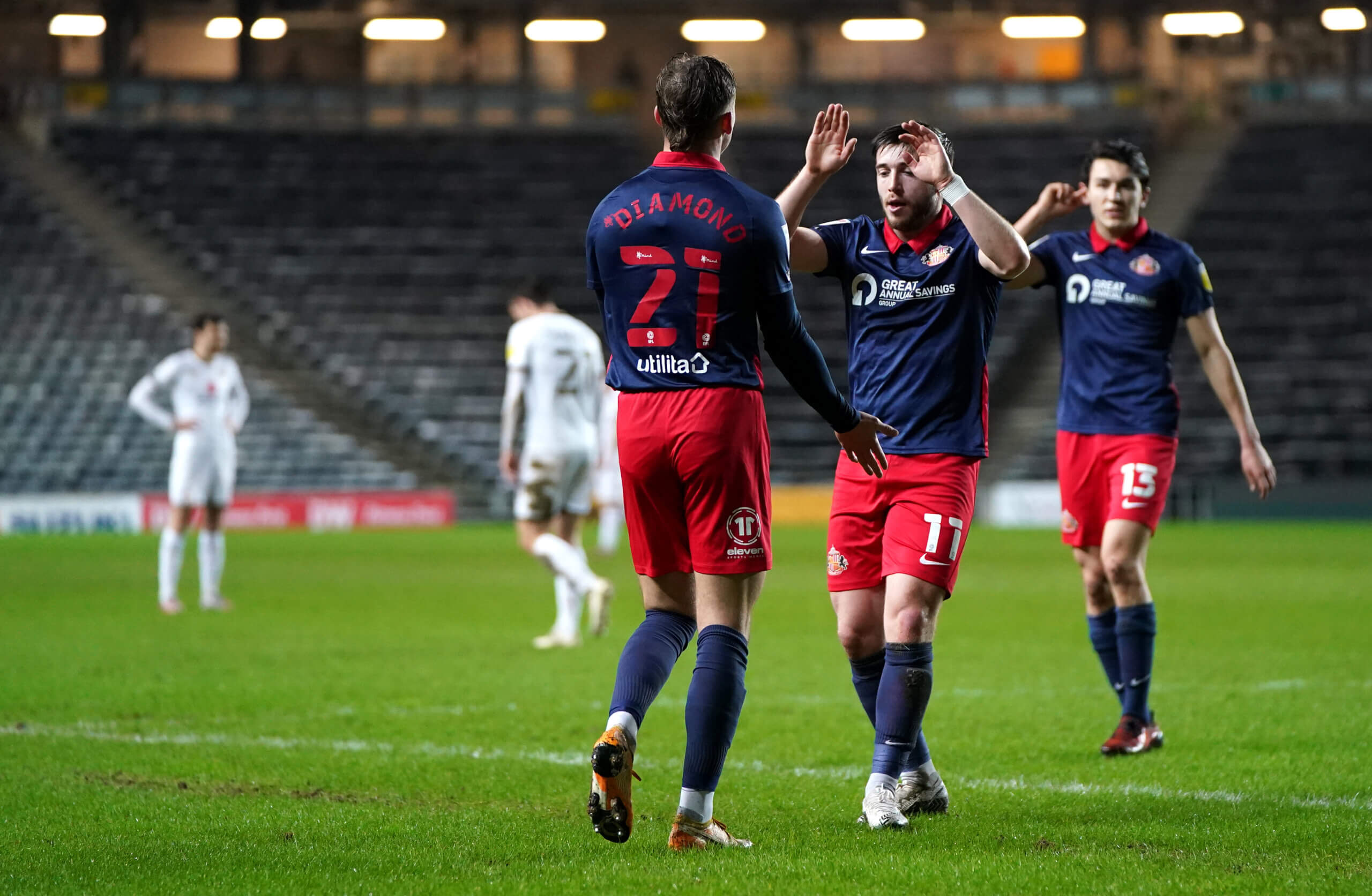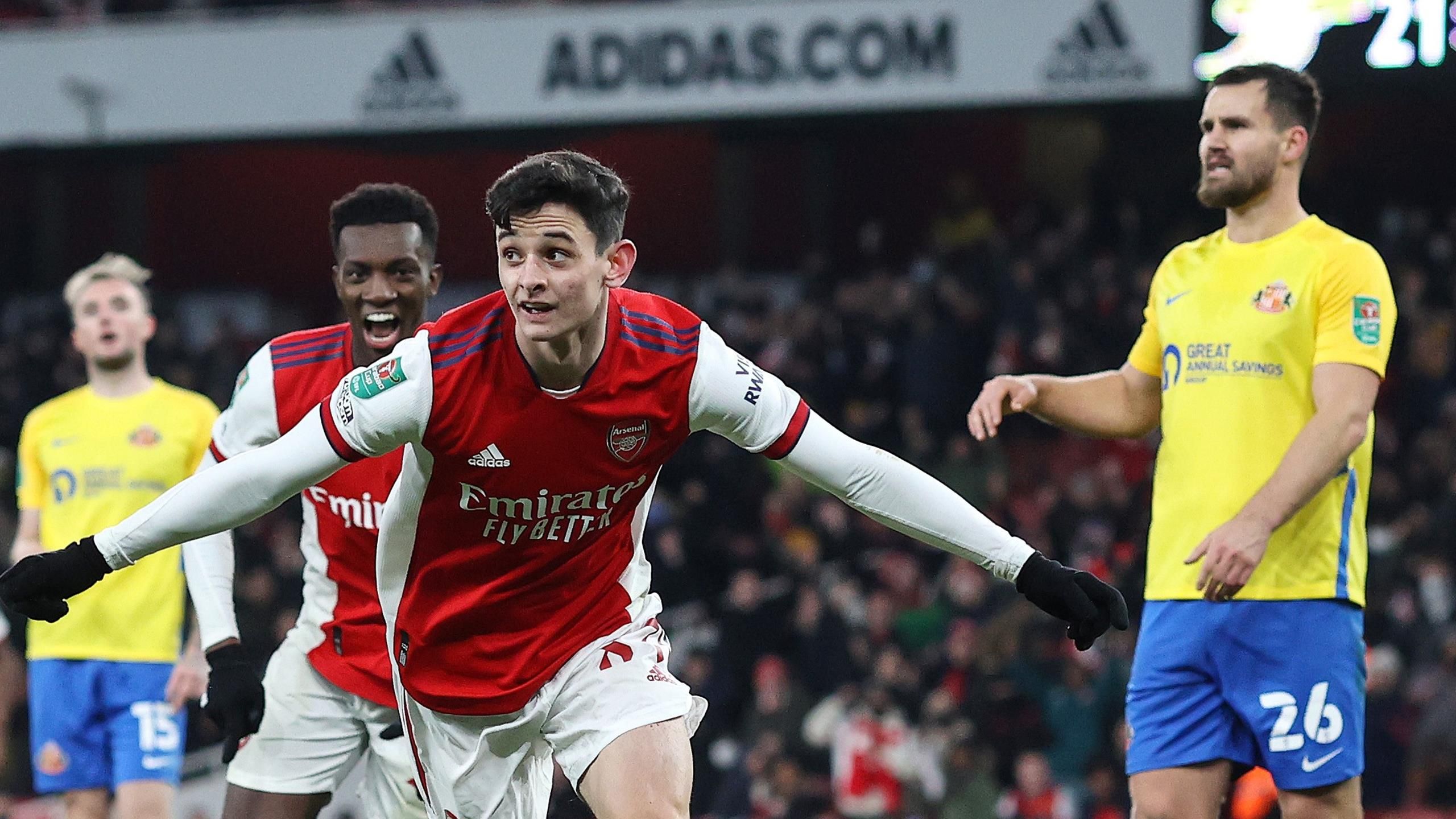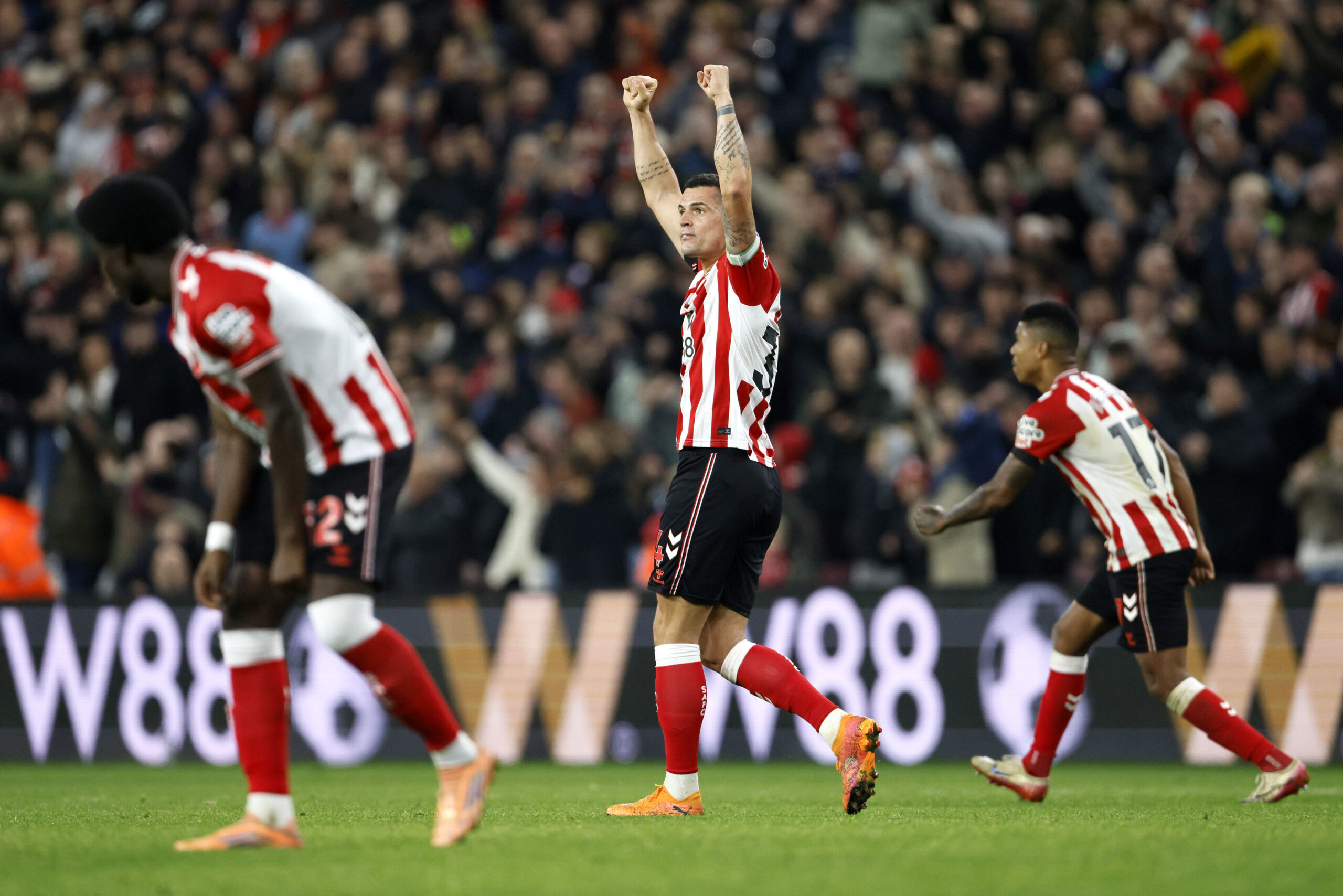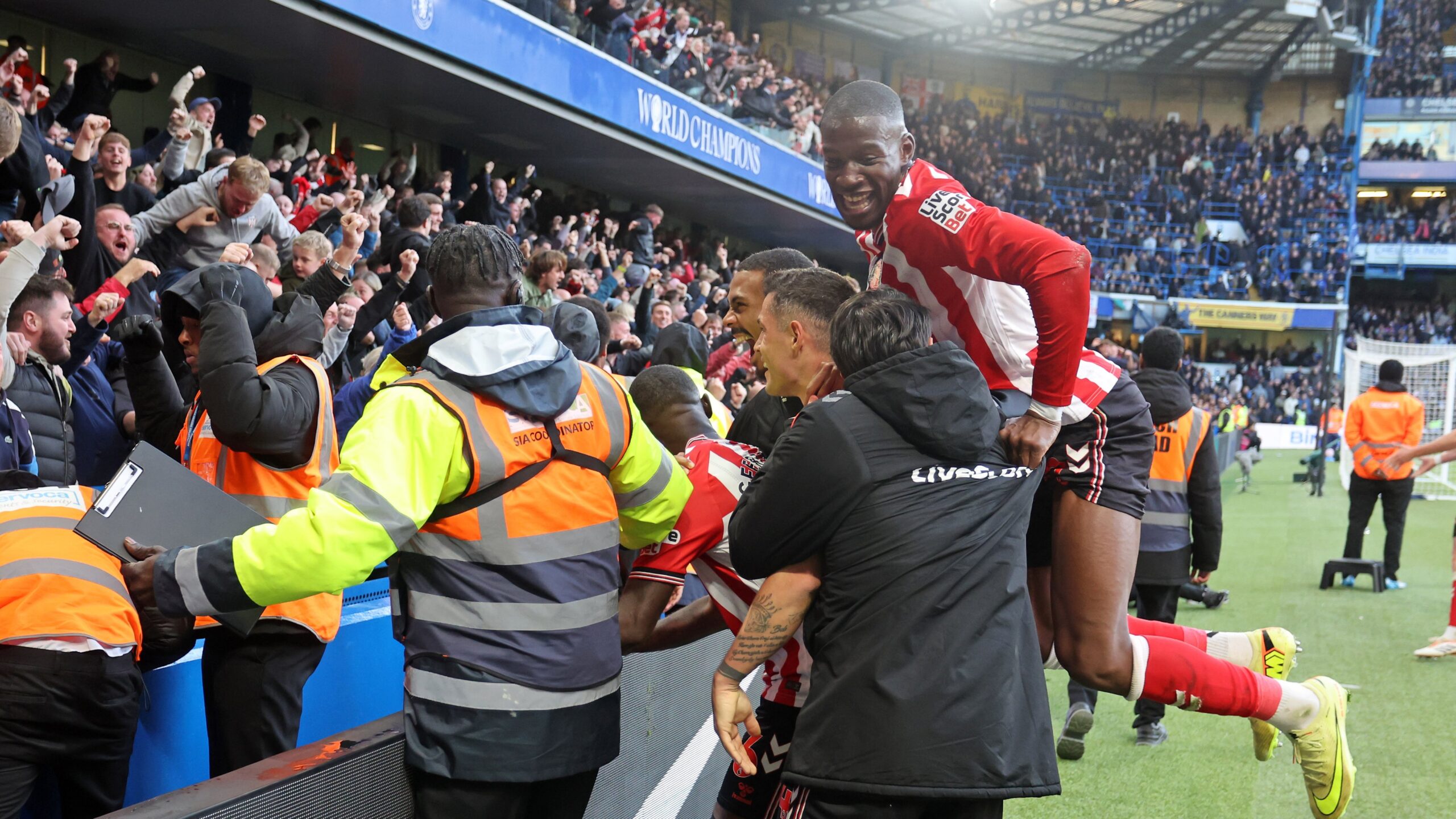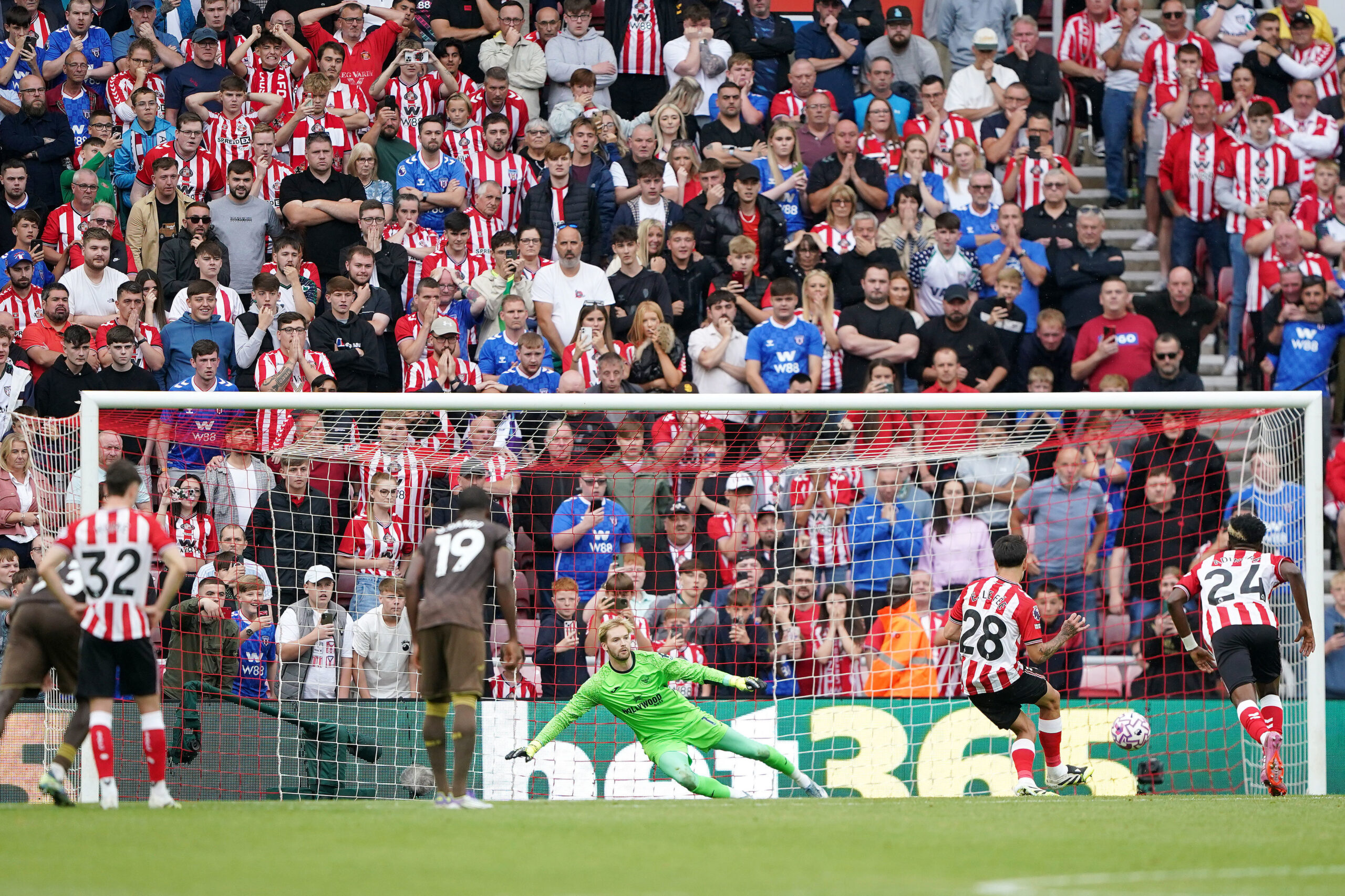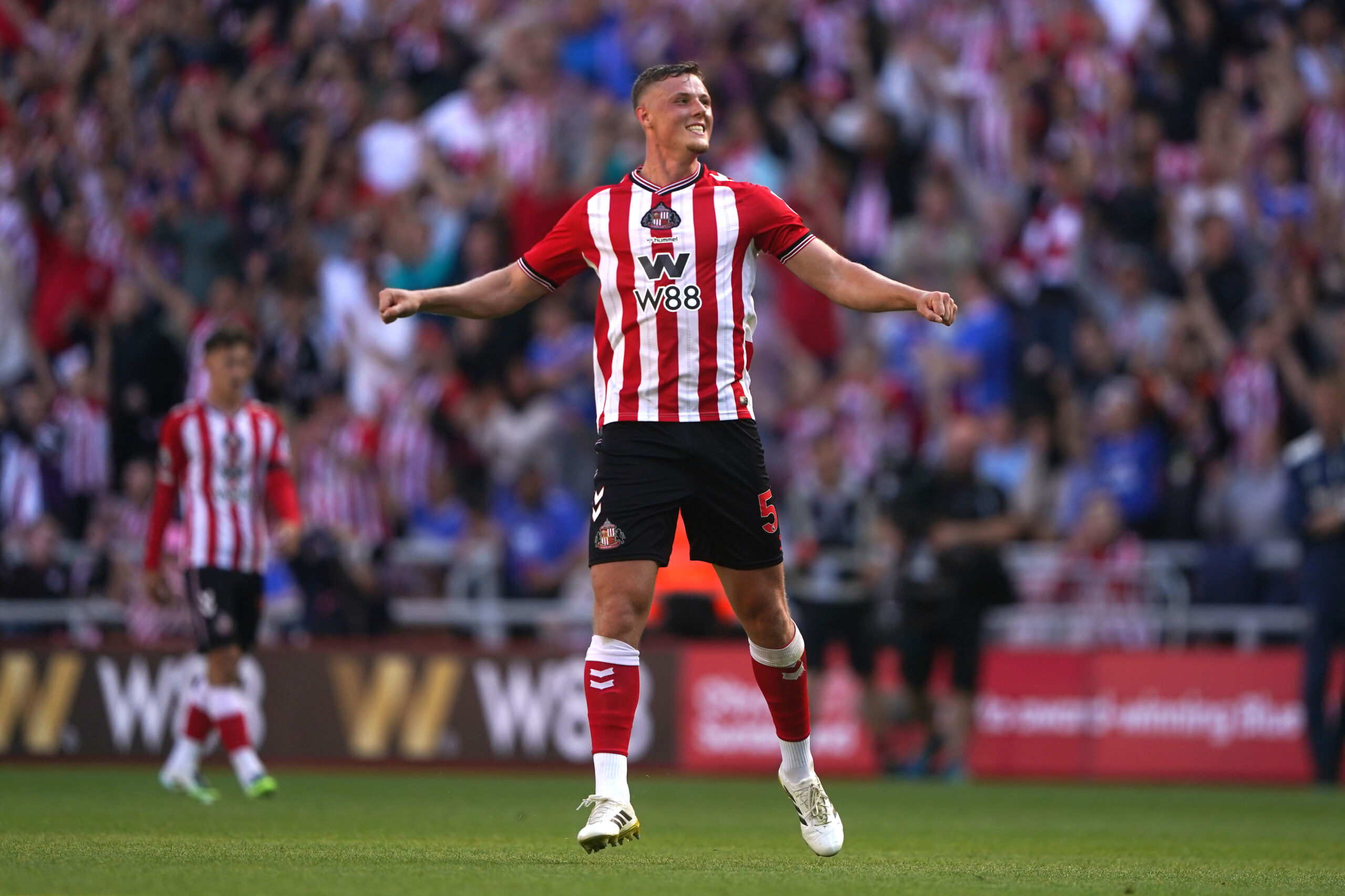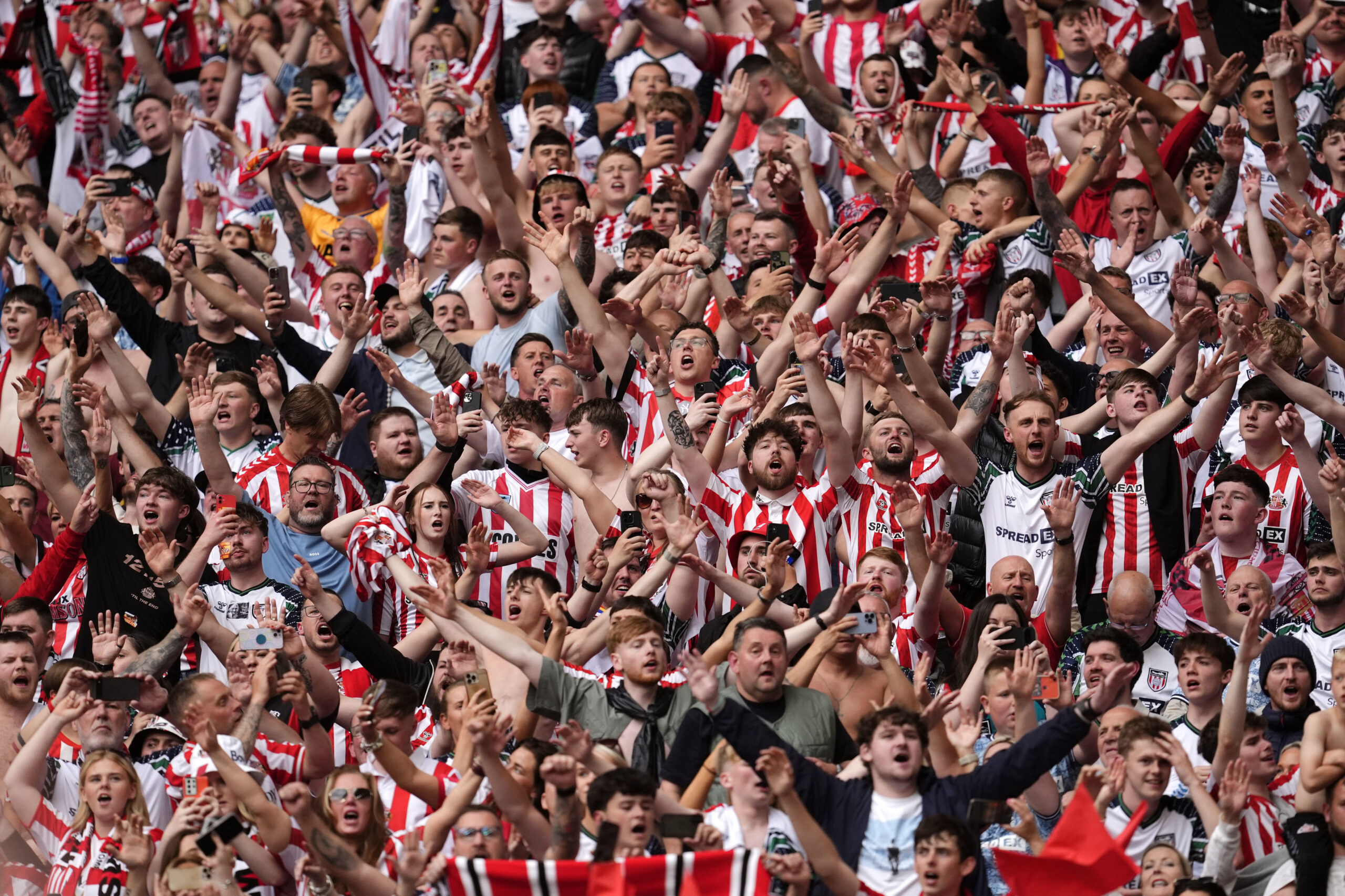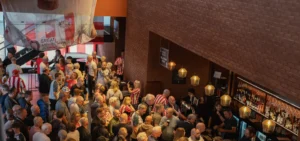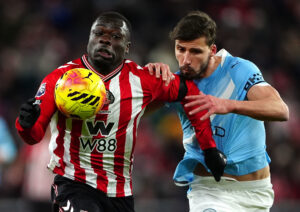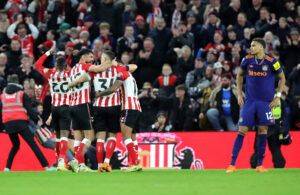The crunch is well and truly upon us. Three games to go, two at home, two against some of the supposedly weaker teams in the league, one against the rapidly imploding Rotherham United. The play-offs are very much within our grasp, so I for one cannot wait to see how we conspire to complete our now traditional League One collapse.
First up is the final Saturday game at the Stadium of Light as we welcome Cambridge United, who hilariously slew our lovely neighbours in the FA Cup earlier this year. Cambridge boast a squad full of players with names taken directly from 1970s detective shows: Joe Ironside, Paul Digby and, of course, Wes Hoolahan.
There have been a surprising number of players who have lined up for Sunderland and The U’s, and there are probably a lot of tired jokes about Mackems getting to Cambridge University to be had, but not today! Instead, we’ll look at two players that most Sunderland fans will remember at least a little bit fondly, which should be a nice change for us all.
Jody Craddock
A mainstay of the late 1990s and early 2000s on Wearside, centre-back Craddock arrived at the newly opened Stadium of Light in August 1997, having spent the first four years of his career at Cambridge. Craddock made 159 appearances in yellow after signing from non-league Christchurch in 1993, and it’s fair to say he picked a challenging time to join United. They were relegated from the second tier in his second season, and found themselves floating around mid-table of old Division 3 in each of the following two years.
That didn’t dissuade Peter Reid from picking up the defender when he splashed out £300k for Craddock as part of his rebuild of an ageing side that had just been unlucky to be relegated from the Premier League with entirely too many points.
Throughout his six-year stay on Wearside, Craddock found himself lining up alongside the likes of Andy Melville, Paul Butler, Emerson Thome, Steve Bould, Stan Varga, Joachim Bjorklund and several other, far less memorable names. Craddock was most memorably part of the team who blitzed the league to promotion and went on to two consecutive seventh-place finishes in the big boys league.
By the time the Premier League dream was starting to unravel at an incredible rate for Reid, Craddock was one of the few who could still be relied upon to turn in an at least passable performance. Despite scoring escapades later in his career, it took Craddock five years before he netted his first goal for the club – incidentally in the same game as Kevin Phillips hit his one hundredth against Bolton Wanderers in September 2001 – and Craddock won the club’s Player of the Year award in that same season.
Unfortunately, when Sunderland finally limped out of the top flight in 2003, Craddock’s performances meant he was actually worth being picked up by another club. He moved to Wolves in preparation for their Premier League debut in a deal worth £1.75m. At Wolves, Craddock would get relegated from the Premier League twice, win the Championship in 2009, amass 237 appearances and score a none too shabby 17 goals across his 10-year stay at the club.
Finally retiring in 2013, Craddock was granted a testimonial by Wolves in 2014, and such was his fondness for his days in the North East that he picked Sunderland as the opponent, in a game which sent the nostalgia rating through the roof. Phillips, Niall Quinn, Thomas Sorensen and plenty more of that era all turned up in red and white one more time.
I absolutely loved Jody Craddock at Sunderland, me.
David Rush
If we go back to a time slightly before Craddock, in the final years of Roker Park, we find local boy David Rush, who signed from Notts County in 1989. The forward spent five seasons on Wearside, but only made 59 appearances during that time, largely thanks to him taking in loan spells at Hartlepool, Peterborough and of course, Cambridge United.
Rush’s Sunderland career was simultaneously full of promise and frustration. He was rarely able to pin down a regular place in the team, but did manage 12 goals in red and white. More importantly, he started the 1992 FA Cup Final as Sunderland succumbed to Graeme Souness’s Liverpool.
Rush’s spell at Cambridge was about as fruitful as that Wembley date, as he only made two appearances. Having found playing time hard enough to come by in the Sunderland first team, citing him as a link to The U’s becomes fairly tenuous when you realise you’ll be hard-pressed to find a Cambridge fan who actually remembers him.
Rush left in the summer of 1994, joining Cambridge’s rivals (though probably only to those not from either city) Oxford United, where he enjoyed a much more productive time. At Oxford, Rush scored 21 goals in 92 appearances, before short stays with York, Hartlepool and Seaham Red Star preceded his retirement in 1999, aged only 29. Rush’s post-retirement career has seen him coach local teams like Hebburn and Gateshead, as well as setting up his own academy, based in Whickham.
Rush was part of the bridging era between the end of Roker Park and the start of the Stadium Of Light, part of a group of players who are forgotten by a majority of fans. Yet for a small spell, he at least lived the dream of every Sunderland fan with that FA Cup final appearance. A better result would have been nice, mind.

